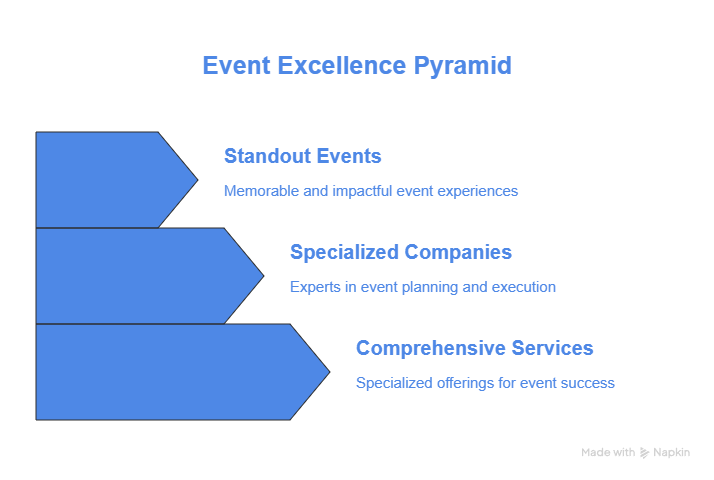If you’re a homeowner in West Palm Beach, Florida, chances are you’re already aware of the headaches that come with clogged gutters—especially during South Florida’s storm season. Leaves, pine needles, roof grit, and even lizards seem to conspire against your drainage system. That’s where LeafFilter steps in. But one question consistently comes up: How much is a LeafFilter in West Palm Beach?
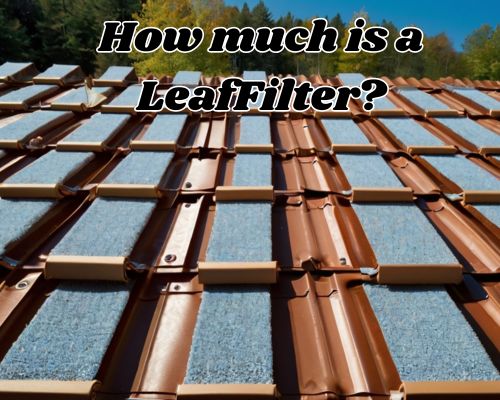
With Gutters Of West Palm Beach, we’ll break down LeafFilter gutter guard pricing, explores the variables that affect cost, compares it with other systems, and looks at whether the investment is worthwhile—especially under the palm trees and heavy rainfall of Palm Beach County.
 What Is LeafFilter?
What Is LeafFilter?
LeafFilter Gutter Protection is a premium micro-mesh gutter guard system installed directly onto your existing gutters. It’s designed to prevent all types of debris from entering, from live oak leaves to fine sand—perfect for Florida’s unique vegetation and coastal conditions.
What makes LeafFilter stand out is its surgical-grade stainless steel mesh and uPVC frame. The system blocks particles as small as shingle grit while allowing water to flow freely—crucial during West Palm Beach’s intense summer downpours.
 So, How Much Is a LeafFilter in West Palm Beach?
So, How Much Is a LeafFilter in West Palm Beach?
Let’s get to the money:
On average, LeafFilter costs between $17 and $43 per linear foot installed. For a typical West Palm Beach home, which has around 150 to 225 linear feet of guttering, the total cost ranges from $2,550 to $9,675.
Here’s a cost breakdown:
| Linear Feet | Low Estimate ($17/ft) | High Estimate ($43/ft) |
|---|---|---|
| 150 ft | $2,550 | $6,450 |
| 200 ft | $3,400 | $8,600 |
| 225 ft | $3,825 | $9,675 |

 Why the Price Range?
Why the Price Range?
The wide range in cost depends on several salient factors, especially when dealing with homes in Palm Beach County:
1. Gutter Condition
If your existing gutters are damaged or misaligned, LeafFilter installers may require you to replace or repair them first. This increases overall project cost.
2. Roof Type & Pitch
Florida homes with tile or steep roofs (common in neighborhoods like El Cid or Northwood) pose installation challenges, raising labor costs.
3. Home Height
Two- or three-story homes require more safety equipment and labor effort, which can raise the price per foot.
4. Accessibility
Tightly landscaped yards or roofs with minimal overhang can increase setup and installation time.
5. Debris Volume
Homes shaded by palms, banyans, or live oaks (abundant in WPB) tend to generate more gutter debris, encouraging homeowners to opt for complete protection systems like LeafFilter.
For more, visit Gutters Of West Palm Beach.
 LeafFilter vs. Other Gutter Guard Brands
LeafFilter vs. Other Gutter Guard Brands
When comparing LeafFilter to other gutter protection systems, here’s how it stacks up:
| Brand | Cost per Foot | Key Features |
|---|---|---|
| LeafFilter | $17–$43 | Surgical-grade mesh, lifetime warranty, full-service |
| Gutter Helmet | $18–$35 | Solid cover design, needs professional installation |
| LeafGuard | $20–$45 | One-piece system with gutter replacement |
| DIY Mesh Screens | $1–$3 | Low-cost, low-durability, no installation included |

 Is LeafFilter Worth the Investment in West Palm Beach?
Is LeafFilter Worth the Investment in West Palm Beach?
Given Florida’s year-round rain, leaf-shedding trees, and hurricane threats, a clog-free gutter system isn’t just convenient—it’s a property protection strategy. Water that overflows due to clogged gutters can lead to:
- Roof damage
- Foundation erosion
- Mosquito breeding grounds
- Stained stucco walls
In neighborhoods like Flamingo Park or The Southend, where aesthetic curb appeal matters, gutter guards are a low-profile, high-impact home upgrade.
 Can You Save Money on LeafFilter?
Can You Save Money on LeafFilter?
Yes—but it requires savvy timing and negotiation. Here’s how homeowners in Palm Beach County can reduce their LeafFilter cost:
- Request a free estimate and mention competitive quotes.
- Ask about promotions during off-peak seasons (e.g., winter months).
- Bundle with gutter installation for better package pricing.
- Join local Facebook community groups to find referral discounts.
 Alternatives for Budget-Conscious Homeowners
Alternatives for Budget-Conscious Homeowners
If LeafFilter feels too expensive, here are a few alternative options popular in the West Palm Beach area:
- Amerimax Lock-In Gutter Guards from Lowe’s: About $2.50/ft, DIY-friendly.
- Frost King Gutter Screens: Easy to install, around $1.50/ft.
- Foam Inserts or Brush Guards: Not recommended in humid climates; they trap debris and foster mold growth.
While these may offer short-term solutions, they often don’t perform well under Florida’s extreme conditions—meaning more maintenance and replacement costs long-term.
 Local Installer Options in West Palm Beach
Local Installer Options in West Palm Beach
Several certified installers serve the West Palm Beach area, including:
- LeafFilter Gutter Protection – Palm Beach Office
- Gutter Professionals Inc.
- K & B Seamless Gutters
- Home Depot Pro Services (Palm Beach Lakes Blvd)
Many of these companies offer free estimates, financing options, and same-week installs, especially before storm season.
 Final Verdict: Is LeafFilter Worth It?
Final Verdict: Is LeafFilter Worth It?
If you’re in West Palm Beach, Florida, and tired of cleaning gutters every rainy season, LeafFilter is worth considering. It’s more expensive than DIY guards, but the long-term protection, zero maintenance, and lifetime warranty give peace of mind—especially in an area where stormwater management is critical.
Bottom Line: Expect to pay $2,500 to $9,500 depending on your home’s specifics. But for many South Floridians, it’s an investment in home longevity and sanity.
 Next Step: Get a Local Quote
Next Step: Get a Local Quote
Ready to see what LeafFilter would cost for your home in West Palm Beach? Reach out to a certified installer and compare quotes. And don’t forget to ask about local deals—you might score a lower rate just by mentioning your ZIP code!
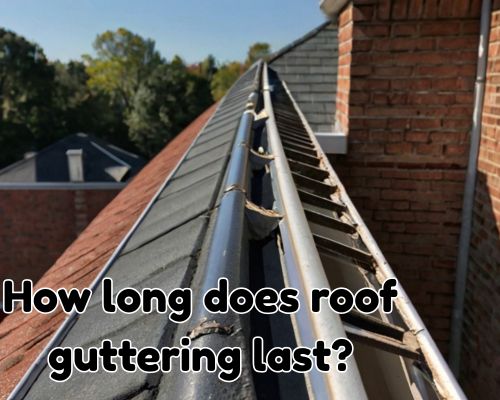
 Local Insight: Many homeowners in Northwood and SoSo (South of Southern) neighborhoods hire local professionals for gutter cleaning, especially after intense rainstorms or hurricanes.
Local Insight: Many homeowners in Northwood and SoSo (South of Southern) neighborhoods hire local professionals for gutter cleaning, especially after intense rainstorms or hurricanes.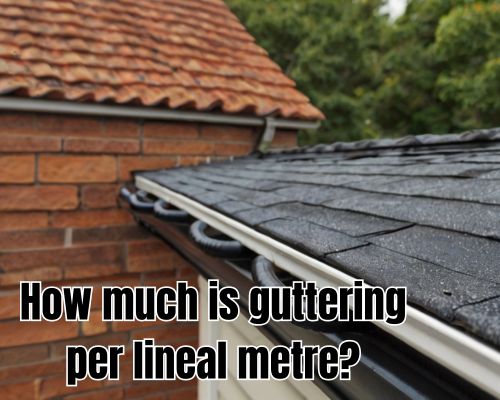
 Key Factors Affecting Guttering Costs in Melbourne
Key Factors Affecting Guttering Costs in Melbourne Pro Tip: Request a fixed-price quote rather than an hourly rate to avoid bill shock.
Pro Tip: Request a fixed-price quote rather than an hourly rate to avoid bill shock. Why Guttering Quality Matters in Melbourne’s Climate
Why Guttering Quality Matters in Melbourne’s Climate FAQs
FAQs Final Thoughts: Value vs Cost
Final Thoughts: Value vs Cost Key takeaway: Don’t base your decision on price per metre alone. Consider the full scope—materials, workmanship, and long-term performance under Melbourne’s unique climate conditions.
Key takeaway: Don’t base your decision on price per metre alone. Consider the full scope—materials, workmanship, and long-term performance under Melbourne’s unique climate conditions.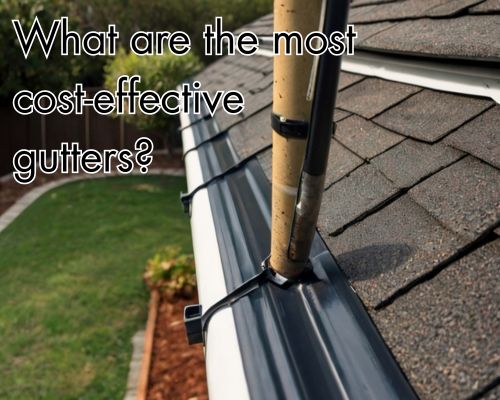
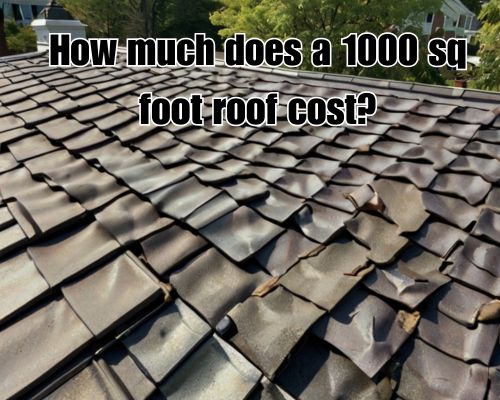
 The Average Cost to Replace a 1000 Sq Ft Roof in NJ
The Average Cost to Replace a 1000 Sq Ft Roof in NJ 1. Material Costs
1. Material Costs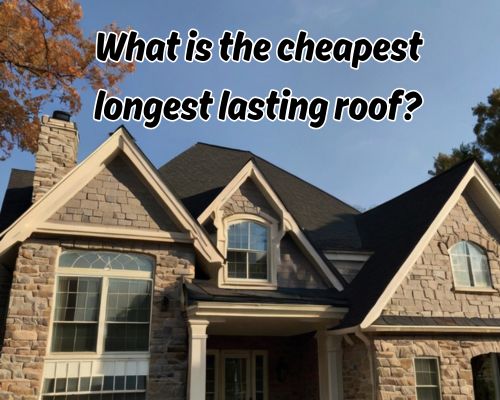
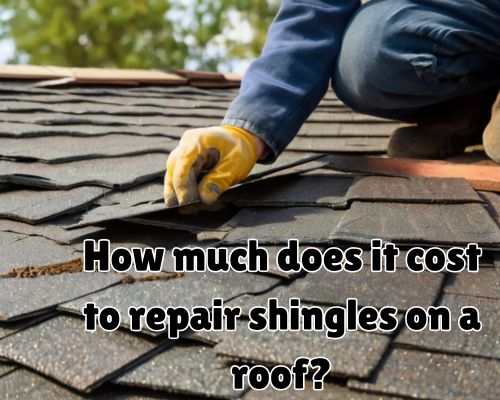
 Average Cost to Repair Shingles on a Roof in New Jersey
Average Cost to Repair Shingles on a Roof in New Jersey Key Factors That Affect Shingle Repair Costs
Key Factors That Affect Shingle Repair Costs No
No Maybe
Maybe Can Insurance Cover Shingle Repairs?
Can Insurance Cover Shingle Repairs? Summary: The Real Cost of Shingle Repairs in NJ
Summary: The Real Cost of Shingle Repairs in NJ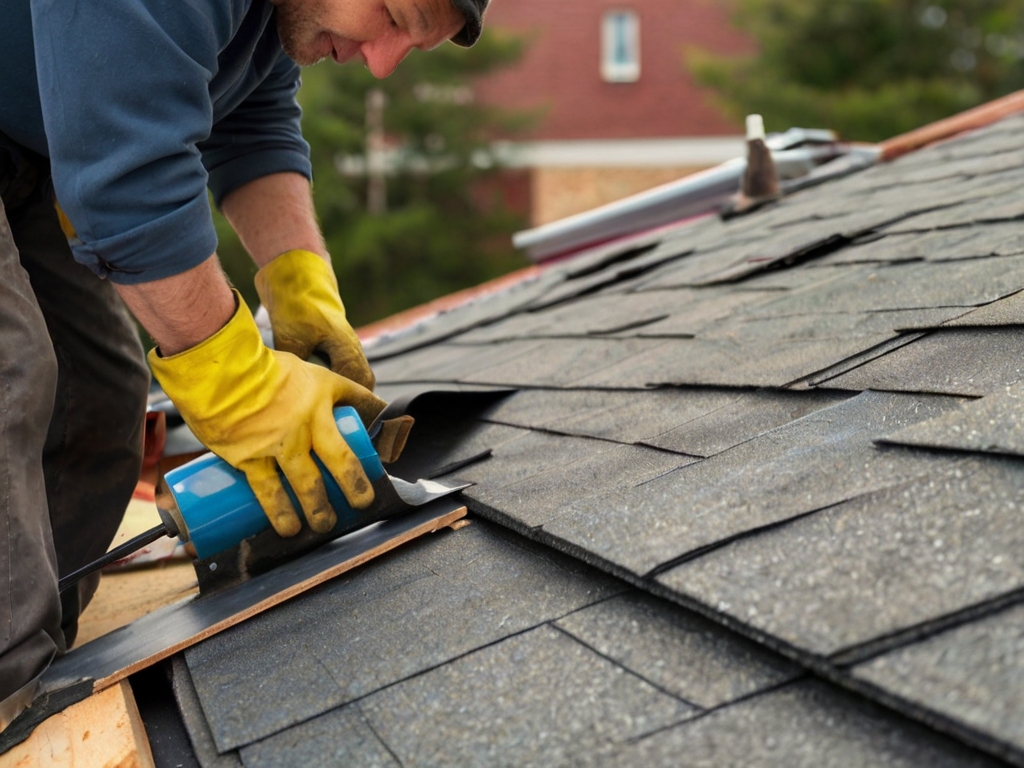
 Average Roofer Salary: National vs. Local Comparison
Average Roofer Salary: National vs. Local Comparison Why West Palm Beach Is a Roofing Goldmine
Why West Palm Beach Is a Roofing Goldmine What Impacts a Roofer’s Annual Earnings?
What Impacts a Roofer’s Annual Earnings? Demand Trends: Why Roofing Salaries Are Rising in South Florida
Demand Trends: Why Roofing Salaries Are Rising in South Florida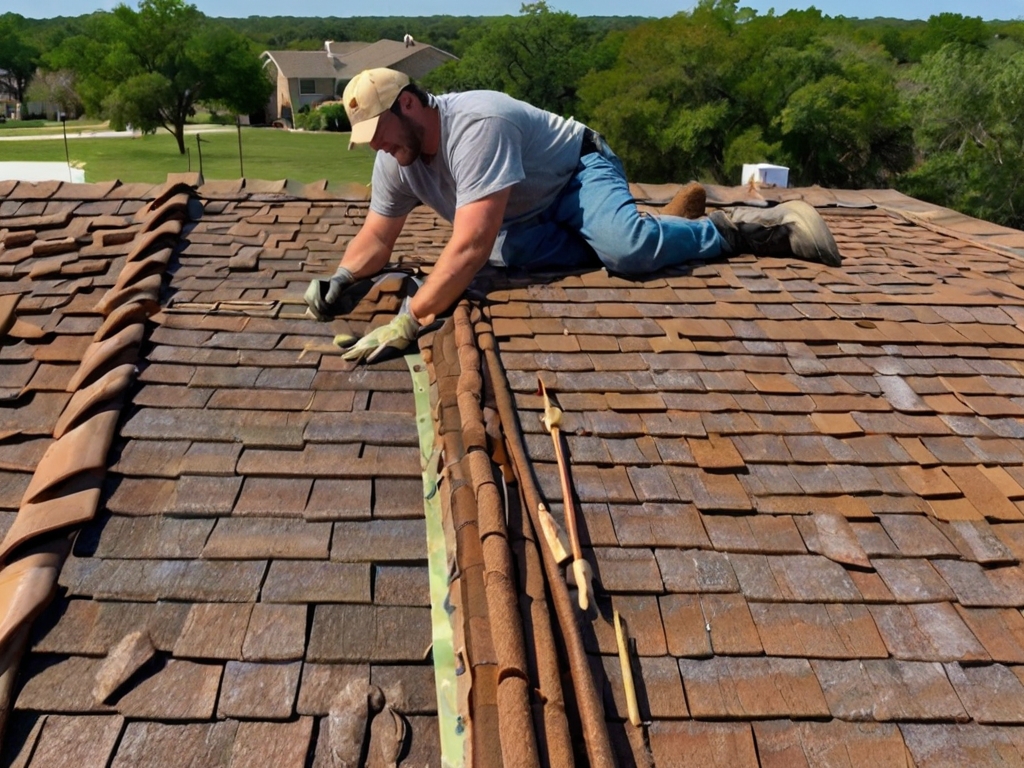
 Final Checklist: Hiring a Licensed Roofer in West Palm Beach
Final Checklist: Hiring a Licensed Roofer in West Palm Beach




